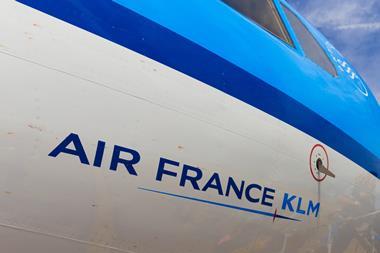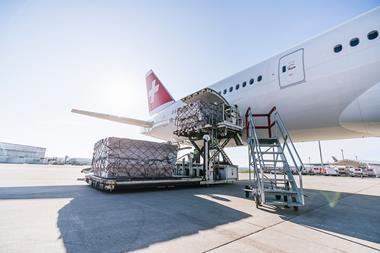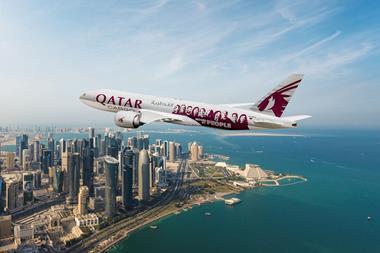The future of the airfreight industry is digital, but what does this means for customers and partners?
The airfreight industry has been a critical component of global trade since it first began in 1910.
But with the rise of digital technology, the airfreight sector, like many others, is undergoing a significant transformation and evolution.
In recent years, we have started to embrace digital technology to improve efficiency, reduce costs, and enhance the overall customer experience.
Digital transformation provides multiple advantages to the industry, with one of the most significant benefits being the ability to track shipments in real-time.
This has become an essential requirement for many customers and partners who want to have complete visibility over their cargo throughout the transportation process.
Digital tracking systems, which provide updates on shipment status, location, and expected delivery times, help reduce uncertainties and improve supply chain management.
Margin for error is also significantly reduced with digital systems that replace processes that originally involved a lot of paperwork for airfreight transactions.
This is, however, just the beginning. The airfreight industry is also embracing automation and artificial intelligence (AI) to rapidly streamline processes and improve efficiencies at virtually every step of the global logistics journey.
Automating manual processes and paperwork, such as documentation, invoicing, and customs clearance, reduces margin for error, speeds up operations and reduces labour costs.
In the future, the real game-changers will be the advances in AI-powered systems that help us analyse data to identify patterns, optimise routes and ultimately drive down transit times whilst improving sustainability.
Although there is software out there that enables businesses like Europa to monitor all of the above, within the next two to five years the capabilities of these systems will be developed in such a way that it will continue to improve supply chain processes, increase office productivity, and most importantly play a crucial role in enhancing customer satisfaction.
AI makes businesses competitive, especially in the face of rapidly expanding digitalisation.
And whilst advancements in digital transformation so far have helped to improve the overall customer and partner experience, it is blockchain technology and AI together that are rapidly emerging as the future of airfreight.

Winning combination
While each technology has its unique advantages, it is the combination of blockchain and AI that has the potential to transform the airfreight industry both in the here and now and the future
Blockchain technology enables the secure sharing of information. A blockchain is a type of distributed database or ledger and is one of today’s top tech trends according to IBM.
When combined with AI, it can provide an even greater level of transparency and security in the airfreight industry.
As we all know, the airfreight industry has a reputation for its complex documentation and invoicing processes.
However, with the combination of blockchain and AI, these processes have the ability to be automated, reducing the likelihood of errors and subsequent delays.
Blockchain technology and AI can also facilitate greater collaboration and communication between different stakeholders in the airfreight industry.
With a secure and transparent ledger, all parties can access and verify information in real-time, reducing the likelihood of misunderstandings and disputes.
Although digital transformation is enhancing the airfreight industry, it is apparent that what was once thought of as science fiction is now science fact.
As we enter into a new era of digital capabilities, smart technology, scalable infrastructure and secure systems have never been more important.















